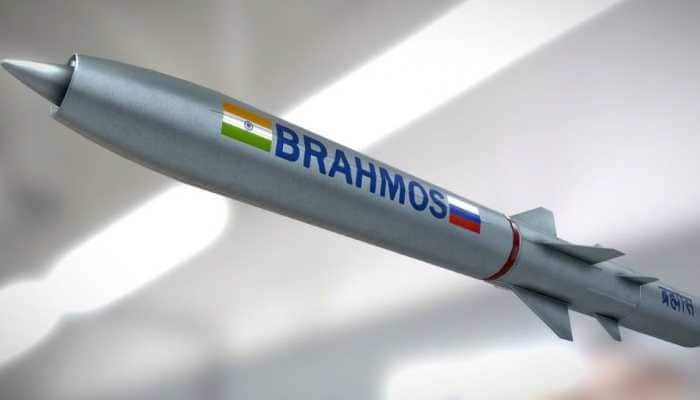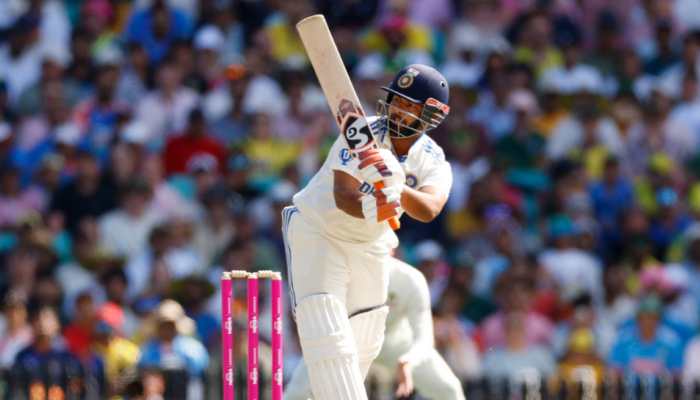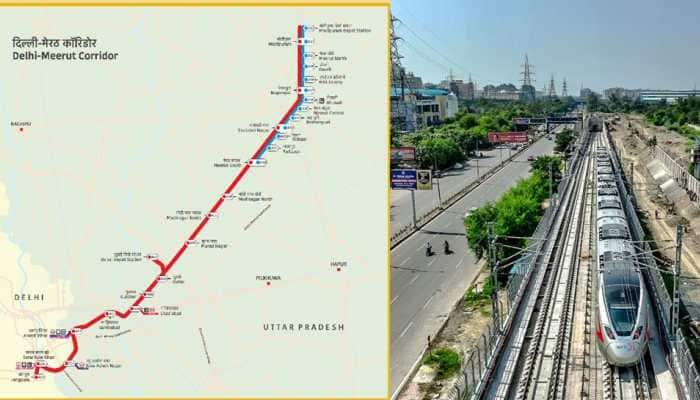China’s parliament gives Xi Jinping mandate to rule for life
Xi Jinping will now be the first Chinese leader after the founder chairman Mao Zedong to remain in power lifelong.
Trending Photos
)
Beijing: China's rubber-stamp parliament today ratified a historic constitutional amendment abolishing decades old practice of two term limits for the president, paving way for President Xi Jinping to become China's leader-for-life.
Set for his second five-year term as President this month, 64-year-old Xi, the most powerful leader in recent decades heading the ruling Communist Party of China (CPC) and the military, will now be the first Chinese leader after the founder chairman Mao Zedong to remain in power lifelong.
The constitutional amendment removing the term limits for the president and the vice president was approved by the parliament with 2,958 in favour, two against and three abstentions, official media reported.
The National People's Congress - regarded as the rubber stamp parliament - chose to follow paper ballot system instead of hand raising and electronic voting. The ballot contained agree, disagree and abstain clauses.
President Xi stood up first at the Great Hall of the People in Beijing to cast his paper ballot in a red box.
The first Constitution of China was enacted in 1954. The current Constitution has been in place since 1982 and has undergone four amendments in 1988, 1993, 1999 and 2004.
Ahead of the vote by deputies in the NPC, the seven member Standing Committee - the top most body of the ruling Communist Party of China - unanimously approved the amendment to abolish the presidential term limits.
The amendment effectively ended the collective leadership system followed by the CPC to avert a dictatorship emerging in otherwise a one-party state akin to the era of Mao which witnessed the most brutal events like Cultural Revolution resulting in the killings of millions of people.
Observers say the constitutional amendment in effective pays the way for China's transition from being one party state to one leader state with Xi, described by some as an Emperor, to remain in power in the foreseeable future.
Xi, christened as "lingxiu" - a leader with highest prestige, is aggressively pushing Chinese military's modernisation to make the world's largest army a mightier force capable of winning modern wars. The proposal of limitless tenure for Xi has sparked worldwide concerns specially in China's neighbourhood.
For India, observers say, Xi's continuation will have particular significance, specially in the backdrop of last year's 73-day-long Dokalam standoff where Chinese troops tried to build a road in the area claimed by Bhutan to reach close to India's narrow corridor connecting North Eastern states.
Under Xi, China has been pouring billions of dollars in India's neighbourhood in projects like China-Pakistan Economic Corridor traversing through PoK, connectivity projects in Nepal, Sri Lanka and Maldives, raising strategic stakes for India.
Significantly, today's amendment also removed term-limits for the Vice President.
The inclusion of the Vice President was notably aimed at reinforcing Xi's support base as his trusted lieutenant, Wang Qishan (69), is tipped to take over the post despite a widely-followed convention by Chinese leaders to retire after 68 years.
Wang headed the dreaded anti-graft campaign carried out by Xi since he began his first term in 2013 in which over 1.5 million officials including over 100 ministers and top Generals of the military were punished with closed door trials which in turn ensured Xi's swift consolidation of power.
The NPC in the next few days is also set to ratify new name for all top government posts. The entire Chinese government is set to change, including the entire cabinet.
Xi began his second five-year term as General Secretary of the CPC and Chairman of the Central Military Commission last year after the once-in-a-five-year congress of the party endorsed him for a second term. Two five-year tenures were permitted for top leaders of the party.
His predecessors - Jiang Zemin who was in power from 1993 to 2003 and Hu Jintao from 2003 to 2013 - stepped down as the General Secretary of the party as well as the president after widely followed rule as well as a convention of two terms to promote collective leadership system in the one-party state.
Xi, a princeling and son of a Vice Premier, who was the Vice President under Hu took over all the three posts in 2013 and subsequently emerged as the most powerful leader of China after Mao with little or no resistance in the party.
The president's post is largely ceremonial while the real power rests with the CPC General Secretary and Chairman of the Military Commission, the overall high-command of the military.
But the president is the only one with a formal limit of two terms - introduced by late paramount leader Deng Xiaoping in 1982 to prevent another lifelong dictatorship after Mao's rule.
The NPC also endorsed another constitutional amendment to enshrine Xi Jinping Thought on Socialism with Chinese Characteristics for a New Era into the country's Constitution.
This would make Xi the only leader after Mao and his predecessor Deng whose thoughts were written into the Constitution. It would place him above the rest of the leaders of the party. The thoughts of two of Xi's predecessors were mentioned in the Constitution but not their names.
There is eerie silence all over the country over the approval of the amendments, with Chinese censors aggressively removing anything remotely connected to the comments in the social media through the firewalls.
Stay informed on all the latest news, real-time breaking news updates, and follow all the important headlines in india news and world News on Zee News.
Live Tv







)
)
)
)
)
)
)
)
)
)
